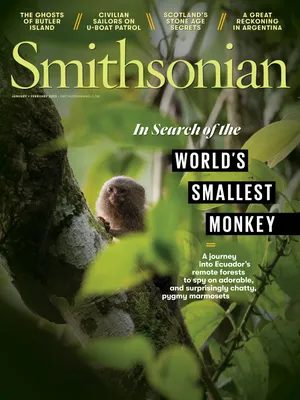Imagine a scene: hawksbill sea turtles gliding effortlessly through the vibrant blue of tropical seas, their stomachs filled with shimmering, glass-like bits. But here’s a fascinating fact: these turtles primarily feast on sea sponges, which are composed of silica so sharp, they could easily cut through skin! According to José Urteaga, an expert in sea turtle conservation, hawksbill turtles play a crucial role in the health of coral reefs, consuming around 1,200 pounds of sponges annually. By munching on these sponges, they help create vital space for young corals to flourish, functioning as the reef’s dedicated gardeners.
Sadly, these magnificent reptiles are under threat from both climate change and illegal poaching for their exquisite shells. In the past century, hawksbill turtle populations have plummeted by 80%, largely due to the high demand for their shells in luxury goods. Even though international trade bans exist, a black market remains active in Southeast Asia, complicating conservation efforts. To address this pressing issue, the World Wildlife Fund initiated ShellBank in 2022, a program designed to utilize genetic analysis to trace illegal turtle products back to their sources.
With an impressive database containing 13,000 entries, ShellBank aims to broaden its scope to include more sea turtle species and improve policy enforcement in the coming years. By collaborating with 28 countries and training law enforcement and researchers across Southeast Asia, the initiative is committed to dismantling the illegal turtle trade. The overarching goal is to safeguard these endangered species and protect their habitats for generations to come.




/https%3A%2F%2Ftf-cmsv2-smithsonianmag-media.s3.amazonaws.com%2Ffiler_public%2Fac%2F85%2Fac850d50-fb51-4958-926d-87b097455e1e%2F20220311-500_3824.jpg?ssl=1)

/https:/tf-cmsv2-smithsonianmag-media.s3.amazonaws.com/filer_public/79/f7/79f7e4e7-2d90-498a-817f-bb5370fceccd/gettyimages-1087161290_web.jpg)
/https:/tf-cmsv2-smithsonianmag-media.s3.amazonaws.com/filer_public/76/56/765686e5-04d0-49b7-a579-ea1413c20d9f/smithmag-podcast-s03-ep03-dinosaurs-article.jpg)


